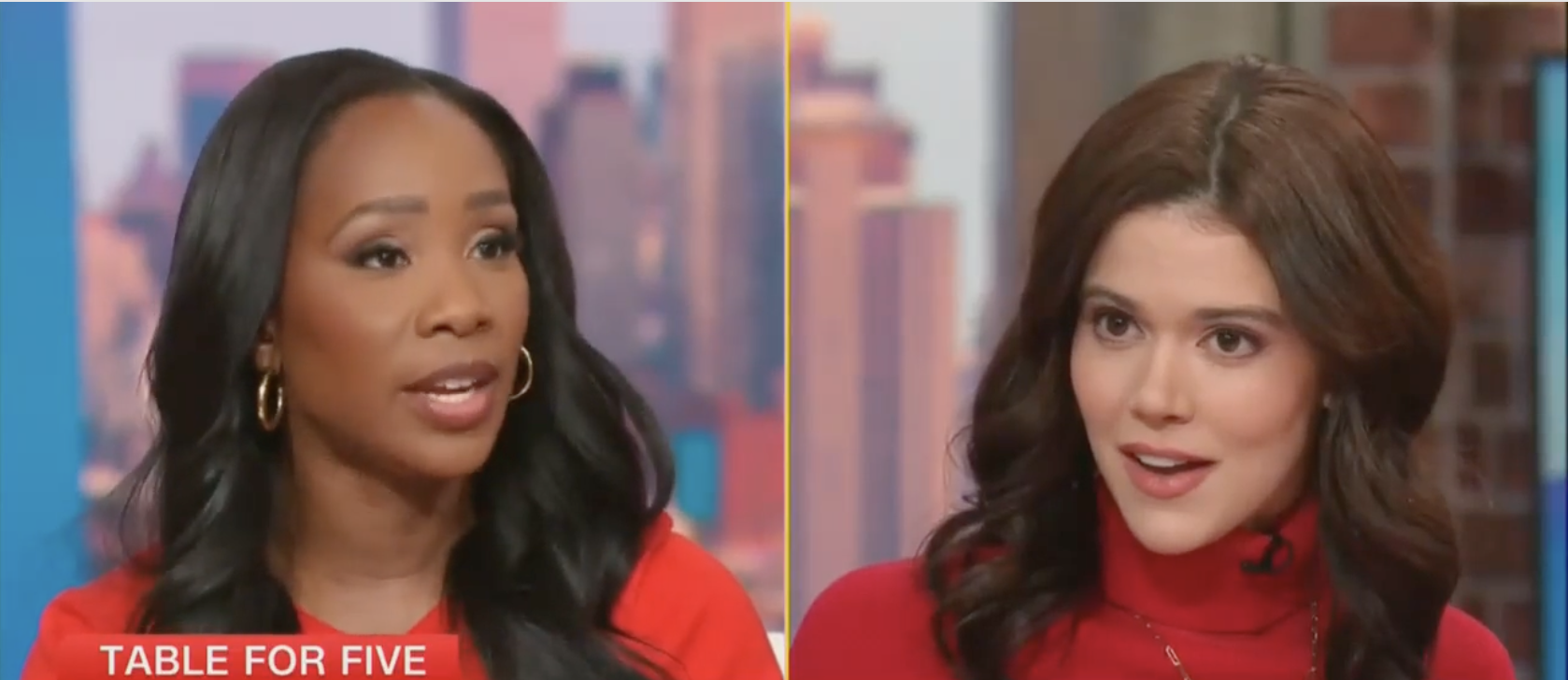If you’ve ever felt worse about your self-image after just minutes of scrolling online, you’re not alone. According to a new study, less than 10 minutes of scrolling through TikTok is all it takes for some users to develop a harmful self-image.
The study titled “#ForYou? the impact of pro-ana TikTok content on body image dissatisfaction and internalization of societal beauty standards,” published on Aug. 7 in the journal PLOS One, found that minutes of both explicit and implicit eating disorder content could be increasing the risk in young women.
Scientists based in Australia surveyed women ages 18 to 28 over a three-month period from July through October 2021 about their TikTok consumption habits. The survey group was further screened for symptoms of disordered eating, body image, attitudes toward societal beauty standards, and their risks for orthorexia (an obsession with proper or healthful eating).
While half of the participants were shown explicit or “pro-anorexia” content on TikTok, and the other half viewed more neutral content, both groups reported a decrease in body image. The group that watched explicit content ultimately reported a more significant decrease in their self-image and was more likely to internalize ideals around thinness after just eight minutes.
“Our study showed that less than 10 minutes of exposure to implicit and explicit pro-anorexia TikTok content had immediate negative consequences for body image states and internalization of appearance ideals, suggesting psychological harm can occur for young female TikTok users even when explicit pro-anorexia content is not sought out and when TikTok use is of a short duration,” study authors said in a release.
Recommended Stories
TikTok officials responded to survey results in a statement given to People magazine, noting that given the small sample size all based in one region of the world, “This study has significant limitations, does not reflect the experience of our community, and was conducted three years ago. We continually enhance our platform and policies to promote a positive and safe experience, and regularly consult with experts, remove content that violates our policies, and provide access to supportive resources.”
TikTok isn’t the only platform to come under fire for the way it exposes its younger users to harmful content. During the same time this study was conducted, it was discovered that Instagram had been promoting pages to teens glorifying eating disorders.
In the years since the study was conducted, the platform has updated its user guidelines and experience to protect users from potentially harmful content. The platform has added permanent public service announcements on certain hashtags and enabled search interventions when someone searches for words or phrases such as #anorexia that redirects them to find local resources.
Disordered eating will impact roughly 9% of Americans or 28.8 million in their lifetime. Conclusive numbers for how prevalent disordered eating is among Black women specifically are hard to pinpoint, partly because of how often it goes unrecognized and undiagnosed in Black women.
At the same time, Black people are among the most online and are subjected to Eurocentric beauty standards, whether they are conscious of it or not. According to Pew Research, Black people use Instagram and TikTok at higher rates than their white counterparts; 39% of Black social media users turn to TikTok, and 46% use Instagram.
If you or someone you know is struggling with an eating disorder, please go to nationaleatingdisorders.org. For further mental health resources, visit therapyforblackgirls.com.




